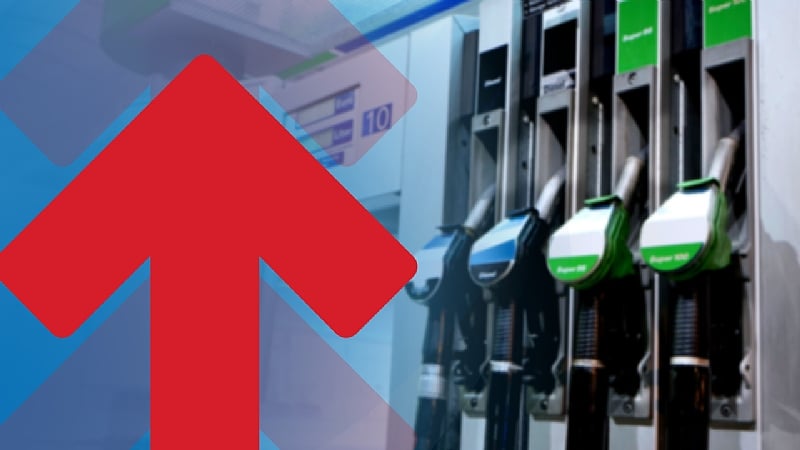Ghanaians are currently facing increased fuel prices at the pump as petroleum companies, including Ghana Oil Company Limited (GOIL), respond to recent market fluctuations. On November 1, 2024, Allied Oil initiated the price hikes, raising the cost of petrol from GHS13.60 to GHS13.65 per liter, while maintaining the cost of diesel at GHS13.99. Following that, GOIL announced via its social media platforms the new pricing structure for its products, which took effect on November 2, 2024, at 6:00 a.m. GOIL’s revised prices reveal a significant increase, with Diesel XP rising to GHS15.45 per liter, reflecting a 3.7% jump from the previous figure of GHS14.90. Petrol, branded as Super XP, is now priced at GHS14.64, slightly up from GHS14.49. Additionally, premium petrol known as Super XP 95 has increased to GHS15.59 per liter from GHS15.49.
The absence of an official explanation for these escalations in fuel prices has led to speculation about the drivers behind the adjustments. Industry analysts point toward a combination of factors influencing these price changes, including fluctuations in global oil prices and pressures related to currency exchange rates. As of October 28, 2024, data from GlobalPetrolPrices.com indicates that the average global price of gasoline stood at 1.26 U.S. dollars per liter, highlighting that prices can vary significantly based on geographic and economic contexts. Notably, wealthier nations often face higher petroleum costs, whereas oil-producing countries tend to enjoy lower prices, emphasizing the complexities of global fuel economics.
The impact of rising fuel costs is significant for Ghanaian consumers, representing an additional financial burden that directly affects personal budgets and overall living expenses. The increasing price of fuel is expected to lead to higher transport fares and elevated production costs across multiple sectors, exerting strain on individuals and families who are already grappling with economic challenges such as high inflation and currency depreciation. The dual pressures of these economic factors are particularly troublesome as they compound the difficulties faced by average citizens in Ghana, many of whom are struggling to balance their finances amid changing economic conditions.
Furthermore, the higher fuel prices pose a significant challenge to various industries within Ghana’s economy. Sectors like logistics, transportation, and agriculture are particularly vulnerable, as their operating costs are closely tied to fuel prices. When transportation costs rise, it often translates to increased prices for goods and services, affecting consumers’ ability to purchase essential items. This ripple effect emphasizes the interconnectedness of fuel prices within the broader economic framework, where an increase in one area can exacerbate challenges in another.
The potential consequences of sustained higher fuel prices extend beyond immediate consumer and business impacts. As transport fares rise and production costs increase, there may be further implications for Ghana’s overall economic stability. High inflation rates and persistent currency depreciation could lead to a situation where consumers experience diminished purchasing power. This scenario could further deter economic growth, affecting businesses and the job market as companies may be compelled to make cuts to their operations or workforce in response to increased costs.
In summation, the recent rise in fuel prices in Ghana reflects a broader trend influenced by global economic dynamics. As companies like GOIL and Allied Oil increase their fuel costs, the implications are felt deeply by both consumers and businesses alike. With the burden of rising prices adding strain to household budgets and operational costs, the economic outlook remains uncertain. As industry experts continue to analyze these trends, the hope is that strategies will be developed to mitigate the adverse effects and navigate the complexities of an evolving global fuel market, thereby safeguarding the well-being of Ghanaians.














